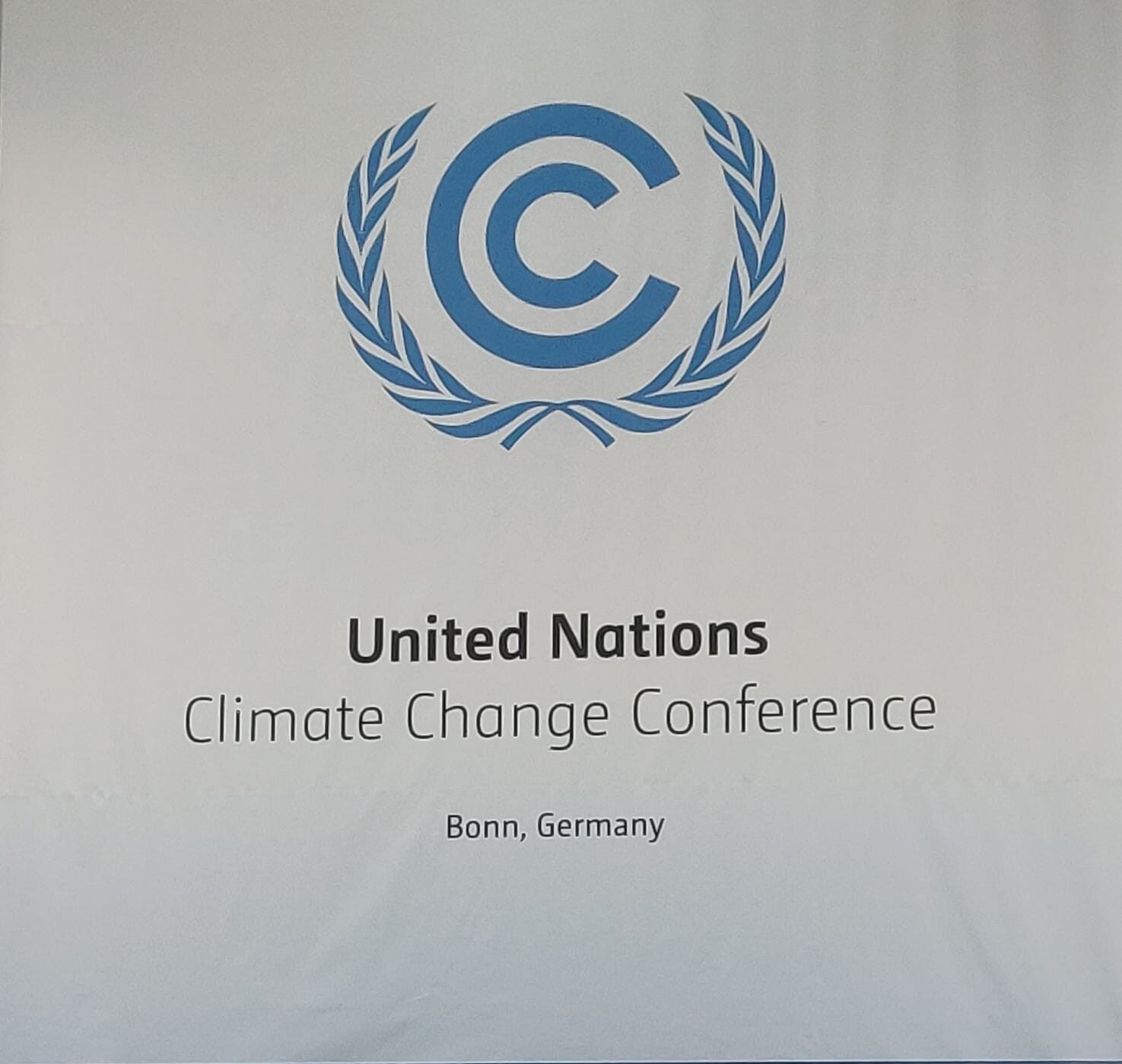What progress have you made from Glasgow to date? According to Patricia Espinosa, executive secretary of the UNFCCC, this will be the question most frequently repeated in the press room of the upcoming Conference of the Parties, COP 27 scheduled for November 7-18, 2022 in Sharm El-Sheikh, Egypt. A question, Espinosa’s question, delivered during his speech at the start of the work of the UNFCCC technical conference, which is taking place these days in Bonn (June 6-16, 2022).
Let’s go in order. The UNFCCC, an acronym for United Nations Framework Convention on Climate Change-for us, the United Nations Framework Convention on Climate Change-represents the premier venue for international negotiations on climate change. The Convention, which entered into force on March 21, 1994, has to date been ratified by 197 countries. When we talk about the Conference of the Parties, these are precisely the 197 countries that have agreed to join the UNFCCC.
The Bonn technical conference comes in between the COP26 held in Glasgow, under the leadership of the British presidency in November 2021, and what many are already calling the African COP, namely COP27 in Sharm El-Sheikh.
Just over six months have passed since that November 13, 2021, day of the ratification of the Glasgow Climate Pact, in which many pinned their hopes for a new springtime for climate action. The international context surrounding COP26 was deeply supportive. The Italian-led G20, driven by the need to provide concrete answers on post-pandemic recovery, had regained unity and showed ambition in its willingness to mobilize resources and take action on climate change. Unity and cohesion that seen through the eyes of the present seem to be undermined by Russia’s decision in February this year to invade Ukraine. The advance of Soviet troops and the Kremlin’s tensions, primarily with countries in the West, have undoubtedly undermined that newfound diplomatic serenity, returning the world to divisions we hoped were the preserve of the history books.
This new multilateral context inevitably has an impact on the effectiveness of diplomatic negotiations, including-but in truth, especially-the climate one. Indeed, geopolitical crisis is often synonymous with energy crisis, due to the severe dependence of many European countries on Russian fossil supplies.
A necessary premise, to underscore the climate in which delegates from 197 countries are meeting in Bonn for mostly technical discussions on how to move forward on strategies and actions to achieve the 2030 and 2050 climate goals.
What are in the delegates’ dossiers that have arrived in Bonn, what are the main issues at the heart of the discussions among the delegates? Let’s look at them, point by point.
Mitigation: target 1.5°C
Achieving the 1.5° C target, requires a sharp acceleration of climate action and greater ambition. Progress will need to be made in these two weeks. The pressure comes not from the demand of a few virtuous countries but from the evidence of how much climate change is showing its effects and how this represents an extremely higher cost compared to the cost of action. While the international context is less favorable, the belief remains that the cost of doing nothing is far greater than taking action to zero emissions and make the economy, trade and production processes sustainable.
Adaptation
Another issue often placed alongside mitigation in negotiations is adaptation. Countries most affected by the consequences of climate change emphasize that the actions that will be taken should be commensurate with the severity of the problems. The Glasgow Climate Pact plans to collectively double adaptation funding from 2019 levels by 2025. A review of the status of achieving this goal will be a key theme of the adaptation discussion sessions. Delegates are expected to provide insights into how the Fund has responded to the requirements of the Paris Agreement.
Climate finance
Climate finance is certainly another hot topic in the delegates’ discussions. There are many who doubt that the $100 billion commitment to the most fragile countries by 2023 will be met, yet the lack of concrete investments is one of the main obstacles to concrete and effective climate action. Canada and Germany have pledged to submit a revised edition of the Climate Finance Implementation Plan, particularly for adaptation.
Wealthier countries have an opportunity to signal and show their ambition in wanting to solve the climate crisis. This means meeting and exceeding the $100 billion target this year. To this end, it will be discussed whether the implementation plan should include forward-looking projections based on new and future (not just retrospective) additional commitments.
On the other hand, more fragile economies have an opportunity to focus on equity and on the fact that transition financing cannot come at a higher cost to developing countries, which often have complex debt situations.
In addressing climate finance, the discussion will also inevitably focus on issues such as carbon pricing, the various non-debt financial instruments, reforming and phasing out fossil fuel subsidies, and improving access to climate finance.
Loss & damage
The issue of loss and damage from extreme events caused by climate change is one with relevance directly proportional to the frequency and impact of such events. In Glasgow, the Parties gave themselves a 2-year period to define the problem and find common solutions. The debate will be addressed again in Bonn but there is a risk that there will be no progress on the issue and the issue will have to wait for COP 27.
The UNFCCC meeting in Bonn will end on June 16 with the release of draft decisions to be later adopted at COP27 that will summarize the main outcomes of the 10 days of negotiations. While the meeting is purely technical in nature, it will be an important yardstick for assessing the direction in which the COP27 negotiations will go.







